East of England Ambulance Service chief Robert Morton quits
- Published
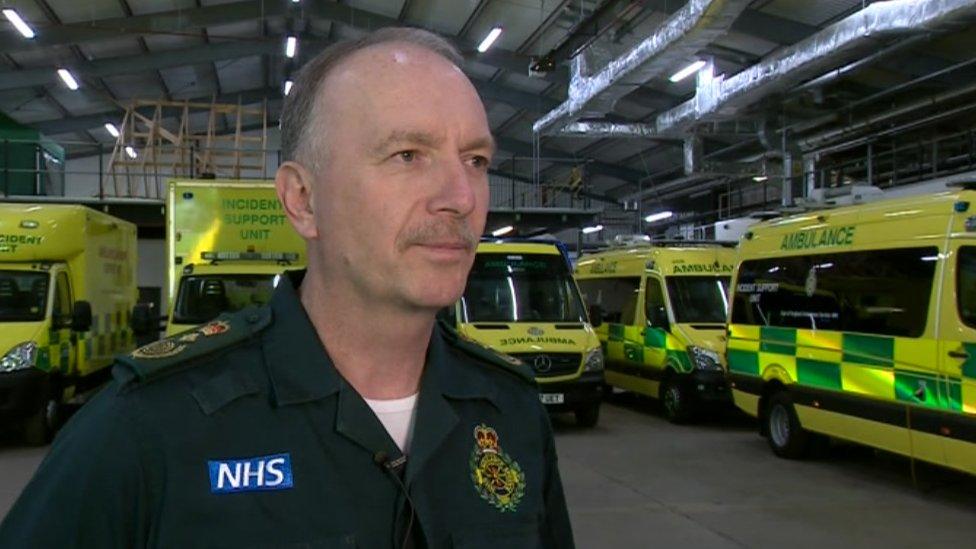
Robert Morton has led East of England Ambulance Service since 2015
The chief executive of the troubled East of England Ambulance Service (EEAS) has resigned.
The service has struggled with delayed response times and low staff morale. The Care Quality Commission (CQC) last month reported it still "requires improvement".
In a statement, Robert Morton said it felt like the right time to hand over.
Former government health minister Norman Lamb said it was "long overdue" and the service had a "toxic culture".
EEAS is one of 10 ambulance trusts in England and serves six million people across Bedfordshire, Cambridgeshire, Essex, Hertfordshire, Norfolk and Suffolk.
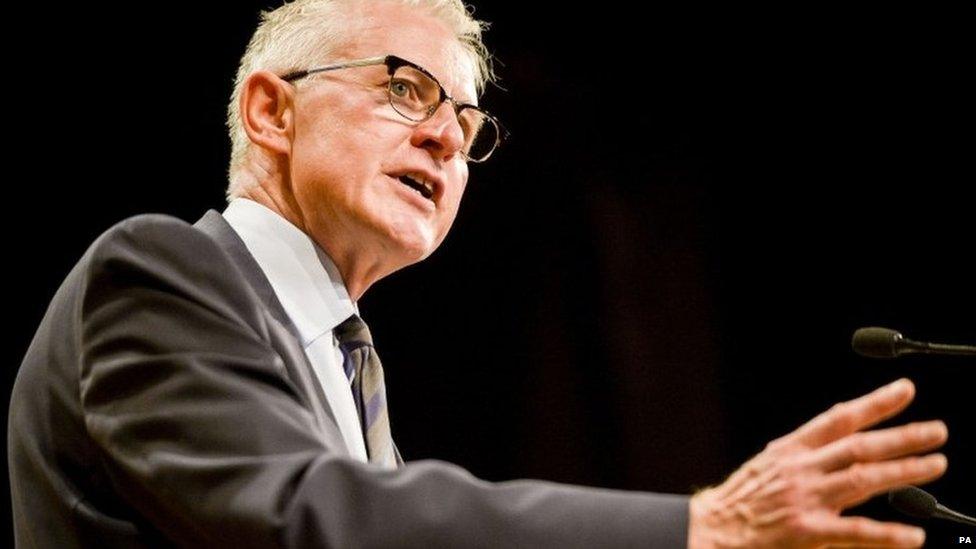
Liberal Democrat MP Norman Lamb said the region's "excellent" paramedics "deserved a high standard of leadership"
A former paramedic, Mr Morton has been at the helm since 2015.
In a statement, he said: "While I feel privileged to be the chief executive of the East of England Ambulance Service, my future plans mean I cannot commit to a further three years.
"I want to thank staff for the care, compassion and commitment to our patients."
He has not specified when he will step down, or what his future plans are.
Mr Morton apologised in May after it was revealed that 22 patients had suffered some form of harm - three of them severe - in ambulance delays caused by "unprecedented" winter demand.
The CQC report in July stated some of its 4,000 staff "did not feel valued" after "an exhausting winter".
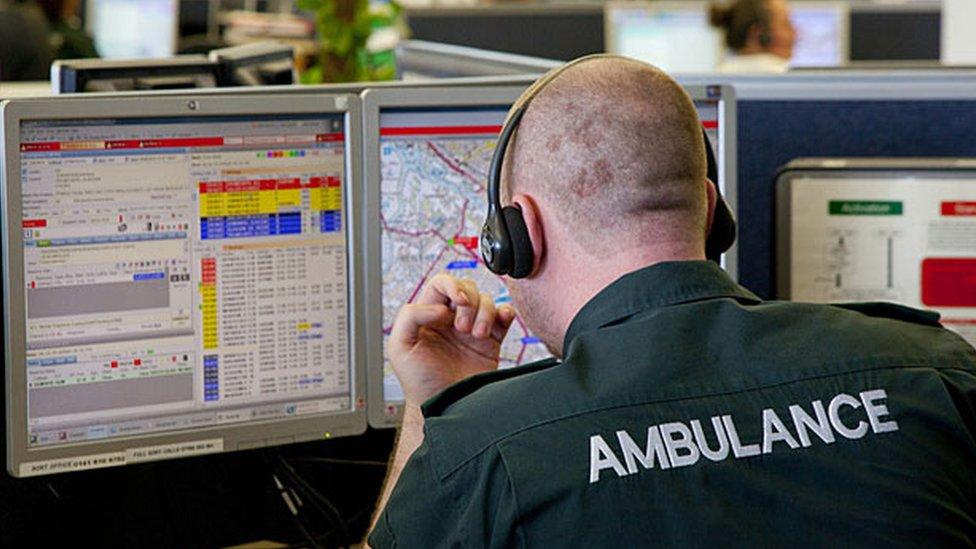
EEAS took 96,000 calls during the three-week Christmas period alone
Mr Lamb, the Liberal Democrat MP for North Norfolk, added: "I am immensely relieved; I have been calling for a change of leadership for several months now.
"This is the worst performing trust in the country on most measures.
"The culture in the organisation is dreadful - toxic in many cases. The response to poor performance is to be defensive. "
He said whistleblowers, many of them in senior positions, had been "treated appallingly".
"We have really excellent paramedics who do incredible work under enormous pressure and they deserve a high standard of leadership," he added.
The EEAS has been approached for comment.
- Published4 July 2018
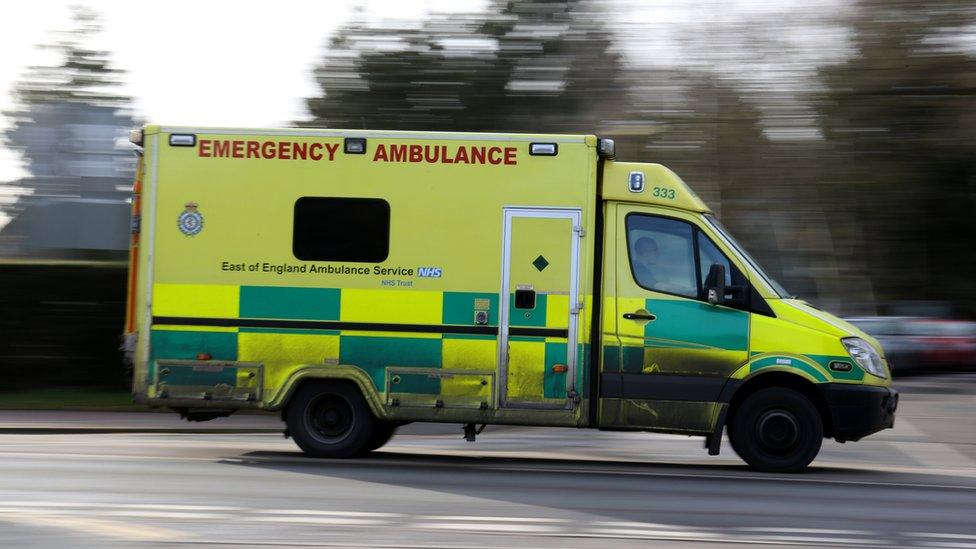
- Published23 May 2018

- Published20 February 2018
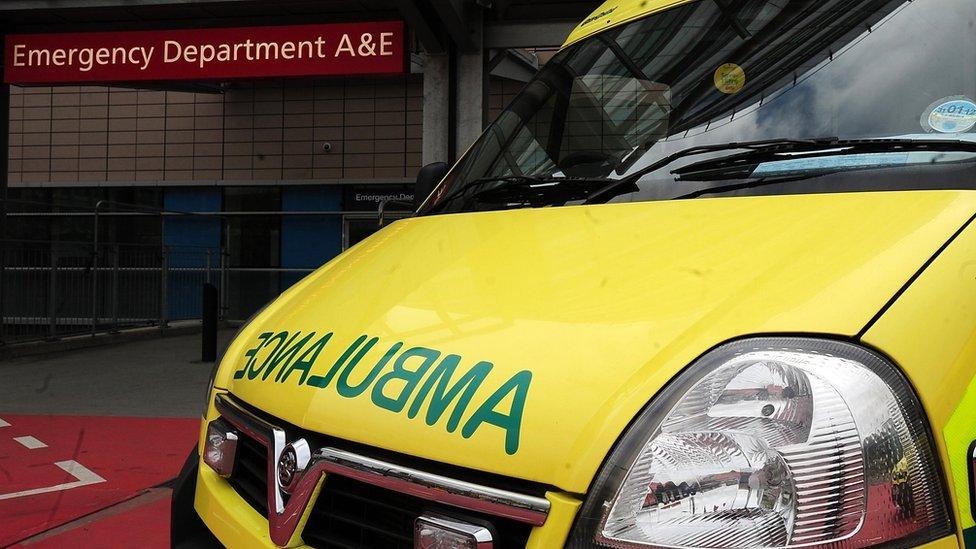
- Published14 May 2018

- Published22 January 2018
